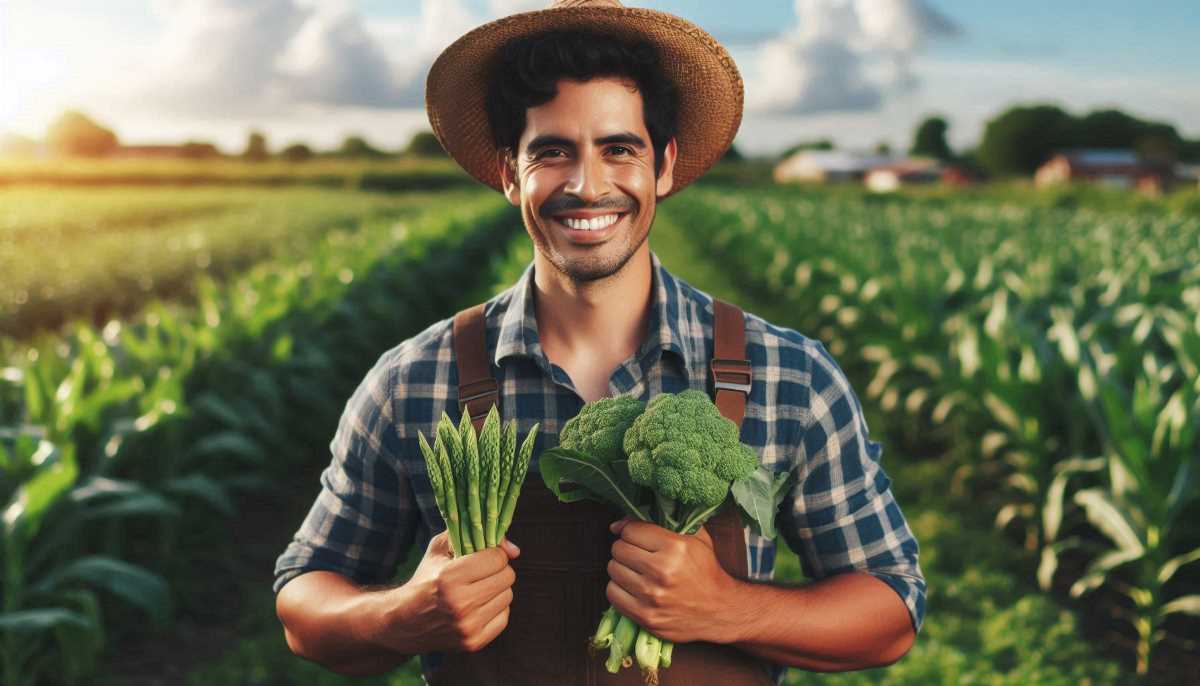How Senasica Ensures Your Food is Safe and Delicious
The National Service for Health, Safety and Food Quality (Senasica) implemented targeted actions to control pests and diseases in basic crops, such as corn, beans, wheat and rice. These actions benefited 50,167 producers, most of them small-scale.

In an era of global economic uncertainty and increasing concerns about food security, Mexico's agricultural sector has emerged as a beacon of innovation and progress. The Secretariat of Agriculture and Rural Development has implemented a series of strategic initiatives aimed at bolstering food production, enhancing food security, and fostering economic growth in rural communities. These efforts, particularly focused on empowering small and medium-scale producers, are reshaping the landscape of Mexican agriculture and setting a new standard for
At the forefront of this agricultural renaissance is the National Service for Health, Safety and Food Quality (Senasica). For the first time in its history, Senasica has adopted a targeted approach to pest and disease control, implementing a comprehensive suite of measures including sampling, trapping, biological and chemical control, training, supervision, and evaluation. This innovative strategy is specifically designed to combat endemic pests and diseases that threaten staple crops such as corn, beans, wheat, and rice.




